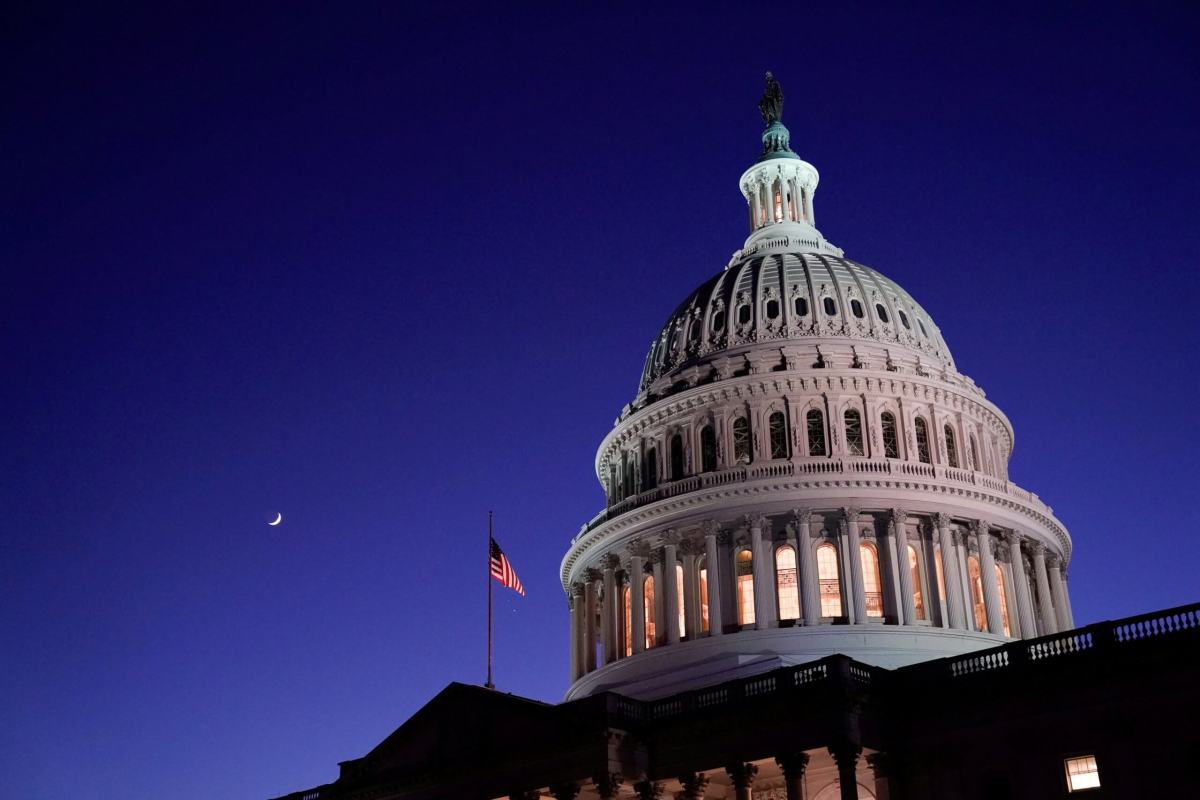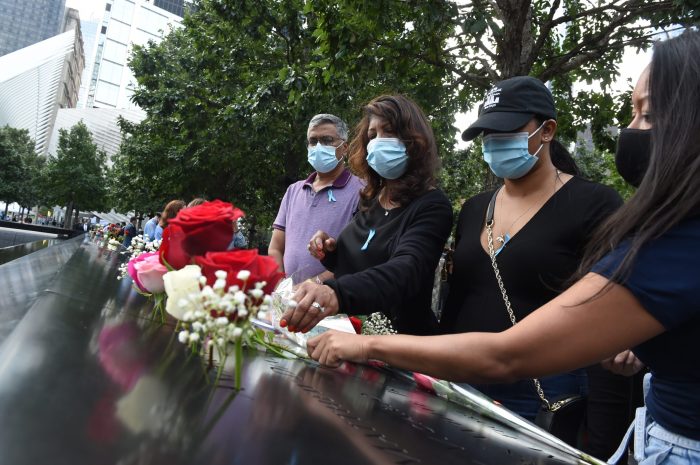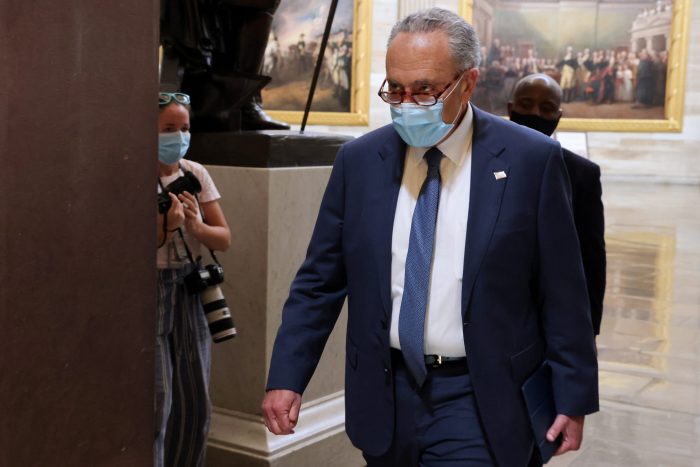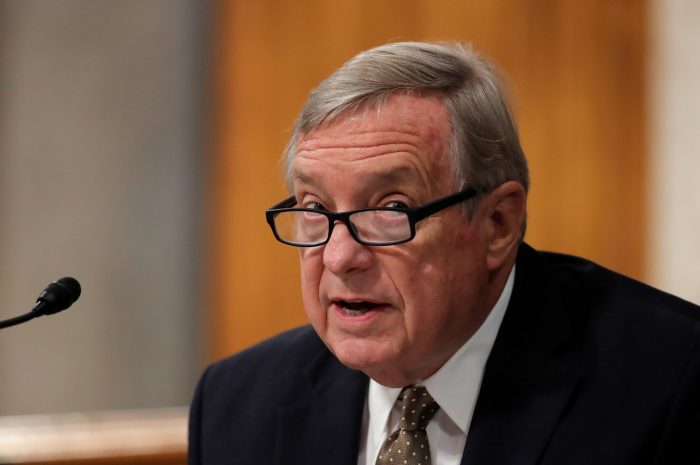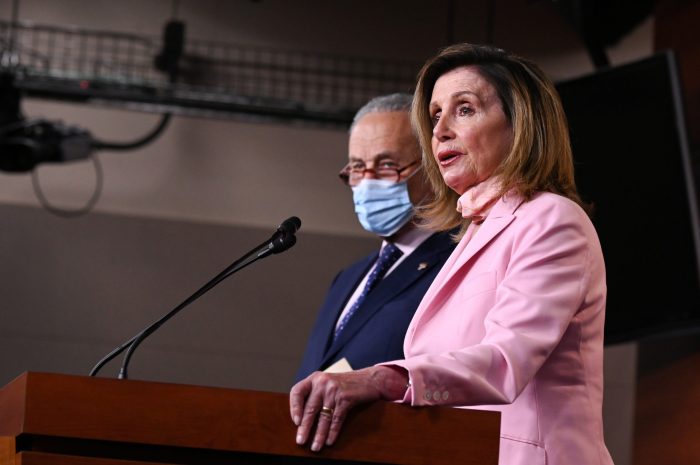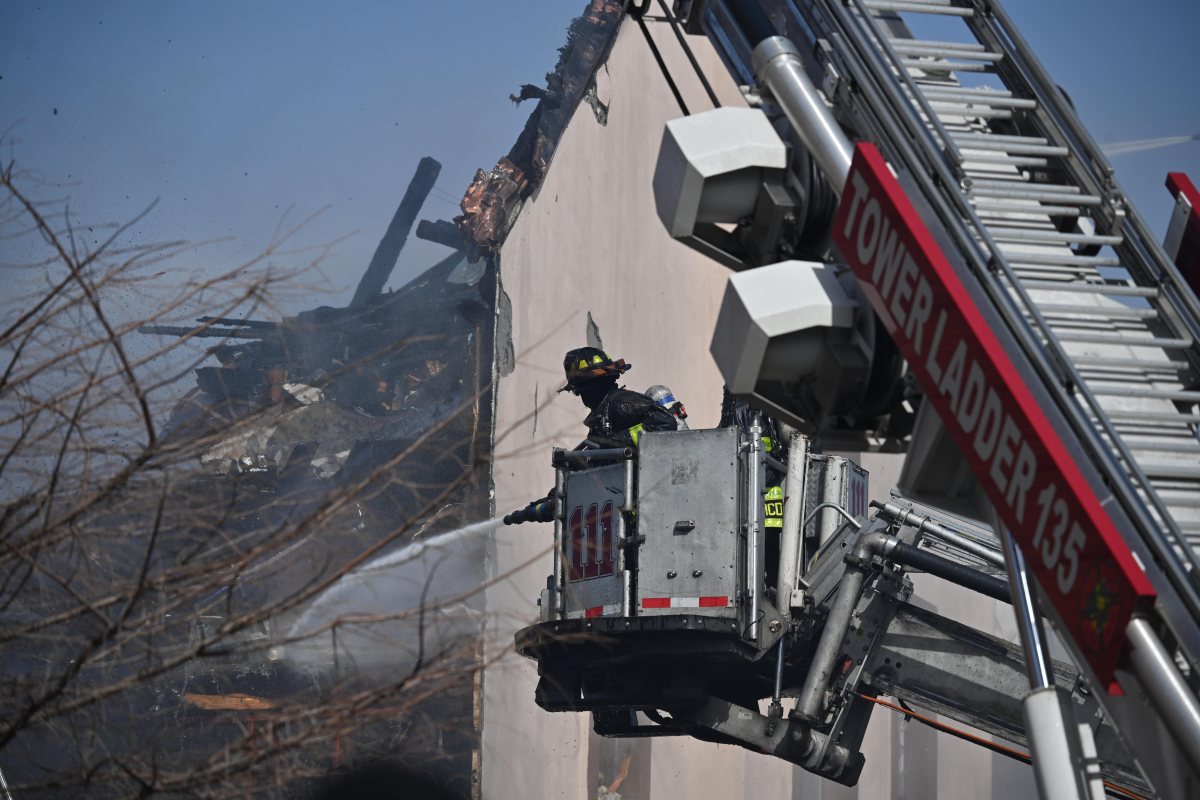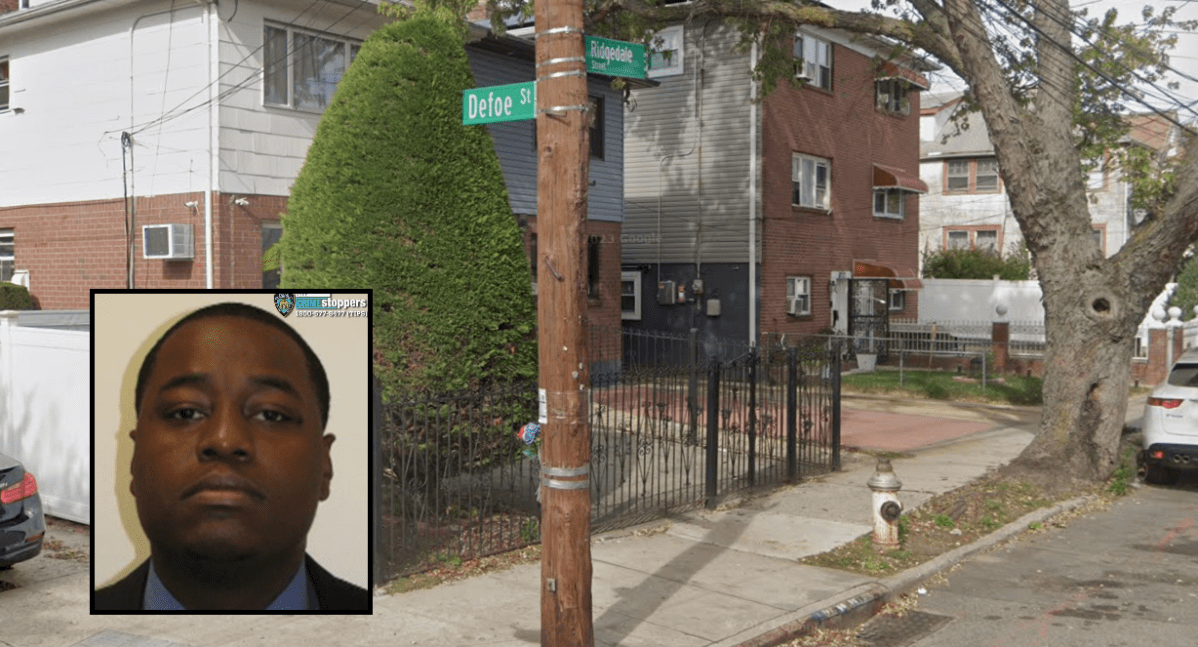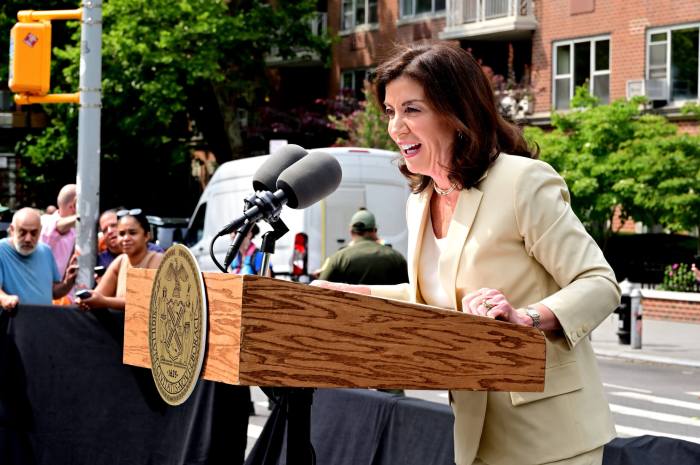BY DAVID LAWDER, Reuters
Republican U.S. Senate Majority Leader Mitch McConnell said on Sunday an agreement had been reached by congressional leaders of both parties on a roughly $900 billion COVID-19 relief bill.
“More help is on the way,” McConnell said on the Senate floor of the measure to provide assistance to address a number of coronavirus-related issues. A vote is expected to happen soon.
Their remarks followed late-night negotiation in which senators from both parties struck a compromise to clear one of the final hurdles, a dispute over Federal Reserve pandemic lending authorities.
The package would give $600 direct payments to individuals and boost unemployment payments by $300 per week, as early as Dec. 27. Congress aims to include the coronavirus aid package in a $1.4 trillion spending bill funding government programs through September 2021.
The Washington Post reported that the direct payments would be less than $600 for individuals who made more than $75,000 last year. Families would also receive a stimulus payment of $600 per child.
But at least one senior senate Republican said there may not be enough time to pass the measures before a midnight deadline, potentially raising the need for yet another continuing resolution to keep the government operating.
U.S. House of Representative Speaker Nancy Pelosi, the chamber’s top Democrat, told reporters on Sunday she wanted to give members some time to review the package before calling a vote.
“I think we’re close, we’re very close,” Pelosi said. “But we want to have members have enough time to review it all.”
Her Senate counterpart, Republican Majority Leader Mitch McConnell, told reporters “I think we are really, really close.”
Sources briefed on the matter told Reuters on Sunday the deal was expected to grant U.S. airlines $15 billion in new payroll assistance that will allow them to return more than 32,000 furloughed workers to their payrolls through March 31.
The deal would also include $1 billion for passenger railroad Amtrak, $14 billion for public transit systems and $10 billion for state highways, one of the sources said.
The House of Representatives went into session at noon ET (1700 GMT) but quickly went into recess, telling lawmakers to stay nearby and expect votes.
“I do have optimism that it’ll pass,” House Republican leader Kevin McCarthy said in an interview on Fox News’ “Sunday Morning Futures with Maria Bartiromo” program. “I am very hopeful that we get this done today.”
Senator John Cornyn, a Republican, said he worried lawmakers would not have enough time to review the deal and vote on it by midnight.
“I think it’s doubtful, would be my guess,” he said.
Dispute over federal reserve
Senator Pat Toomey, a Pennsylvania Republican, had insisted on language that would guarantee that the central bank could not revive emergency lending programs for small businesses and state and local governments after Dec. 31, when they expire under the CARES Act COVID-19 relief legislation passed in March.
Republicans had said the programs are an unnecessary government interference in private business that politicizes the Fed. They accused Democrats of seeking to extend them into 2021 as a backdoor way to provide unchecked funds for state and local governments controlled by members of their party.
Democrats in turn accused the Republicans of trying to tie the Fed’s hands in order to limit Democratic President-elect Joe Biden’s options for boosting the flagging economy after he takes office on Jan. 20.
The two sides agreed on language that would allow the exact program currently in place to renew but did not block similar programs from being created.
San Francisco Federal Reserve Bank President Mary Daly told CBS’ “Face the Nation” on Sunday that the package would provide much-needed relief for the economy.
“This support is unequivocally beneficial,” Daly said.
In the 11 months since the first cases of the new coronavirus were documented in the United States, COVID-19 has killed more than 316,000 Americans, by far the most in the world, and put millions out of work, with unemployment rising. Economists say growth will likely remain sluggish until vaccines are widely available in mid-2021.
President Donald Trump, whose administration has largely left negotiations up to congressional leaders, complained early on Sunday morning that a deal had not been reached.



